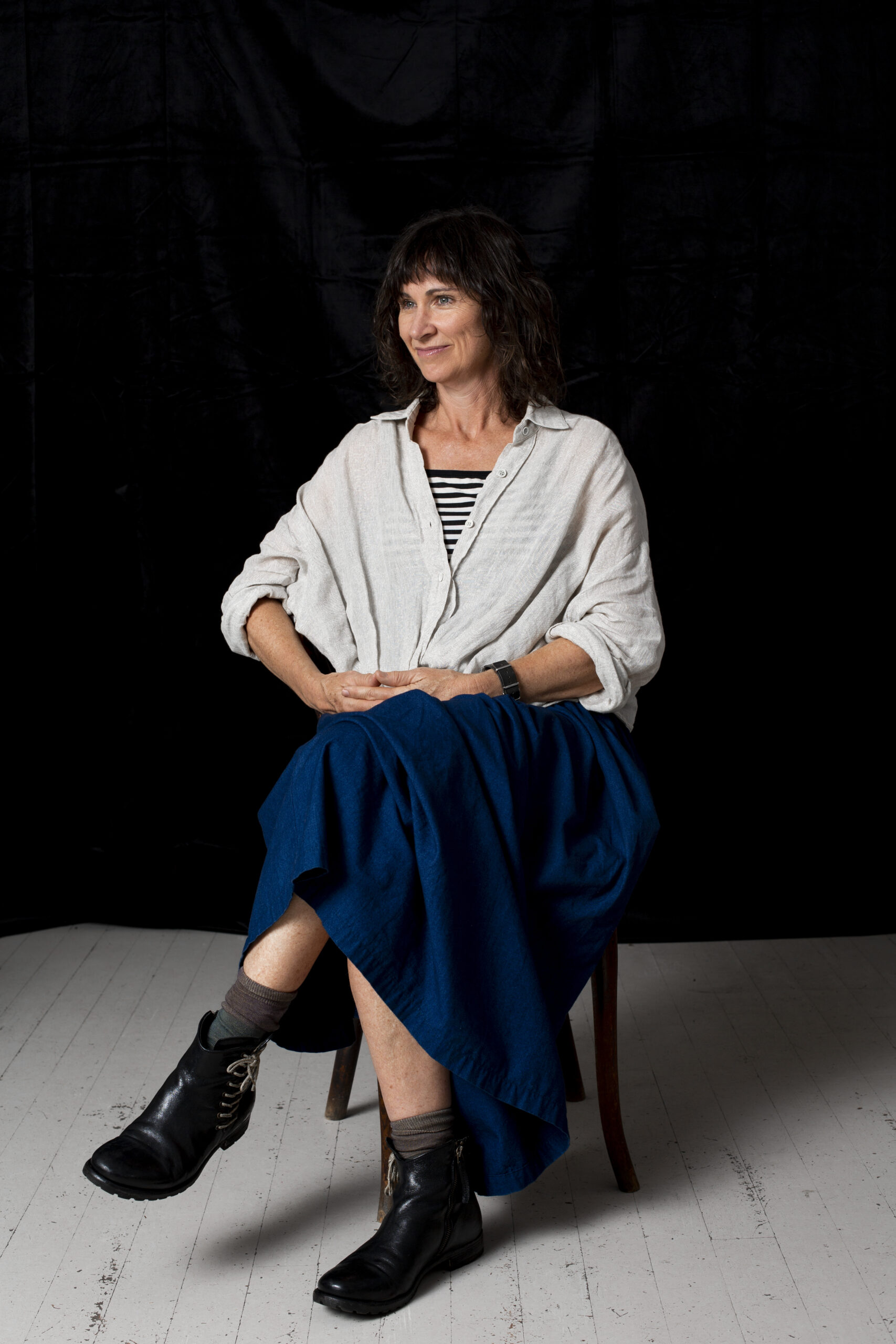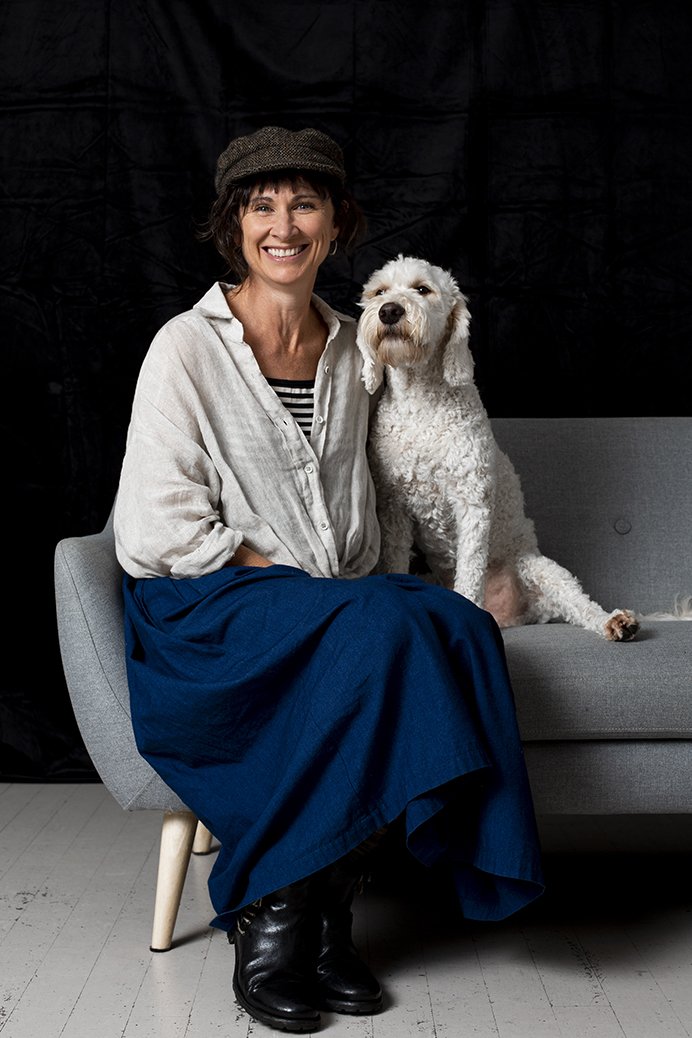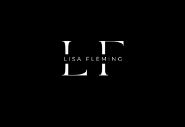Hi, I'm Lisa Fleming
Lisa has a Psychology Degree with first class honours, a Diploma in Somatic Psychotherapy, and is trained in the Conversational Model of psychoanalytic psychotherapy through ANZAP (Australia New Zealand Association of Psychotherapy).
This post-graduate psychotherapy training involves intensive client work and supervision and undergoing one’s own psychotherapy. Somatic means body, so the therapy includes an exploration of the relationship between mind and body, and how past trauma and emotional states can be held and felt in the body.

My Approach
Lisa, an East Sydney-based therapist, specializes in complex trauma, addiction, and individuals who tend to prioritize others over self-care. With a background in teaching, counseling, and management, she has a diverse career history in consulting, strategic planning, and politics before transitioning into therapy.
Lisa's Expertise
Lisa works with adults and couples. She is trained to work with complex trauma and works with many types of emotional difficulties including addiction and eating disorders. Lisa has a special interest in working with people who have a tendency to please or accommodate others, who make good carers but may find it more difficult to receive care. She also works with people who have been in or attracted to high-demand groups such as spiritual, religious, or cult-like groups.
Private Practice
Lisa currently works in private practise in East Sydney. In the past she has worked as a student counsellor with overseas students, and at South Pacific Private treatment centre. She has taught at ACAP (Australian College of Applied Psychology) and the Australasian College of Natural Therapies, and also taught management, marketing, HR, and critical thinking and academic writing at several colleges in Sydney.
Education
Prior to training as a therapist Lisa did a BA(Hons) in Sociology and Comparative Studies in History and Literature. She wrote her honours paper in the area of Ethics. She also has a Master of Management from the Macquarie Graduate School of Management and has worked in consulting and Strategic Planning at the Australian Stock Exchange. Prior to this she worked in politics for a Labor member of Federal Parliament
A broad approach
I came to somatic psychotherapy while studying Coaching Psychology at University of Sydney. I discovered somatics through yoga and doing a lot of practise that helped me learn to be more present in my body, to notice myself and stay with myself. This ability helped me monitor my reactions and stay more present to myself while also being in relationship with someone else.
This was helpful especially when things got uncomfortable emotionally. I was finding the cognitive behavioural approach not broad enough to include my own experiences. I still use some CBT techniques and find them very useful, but I now have a much broader approach and bigger toolkit.


Feeling bad, feeling good
Paradoxically for some people who have been unconsciously habituated to attune to others rather than themselves, practices such as yoga can be triggering as they increase awareness of one’s own bodily states, which goes against the grain of attending to others and can feel unsafe.
Similarly, when things go well in people’s lives or they begin to set boundaries they may feel a general sense of dread without understanding why. These are the kinds of issues I often encounter and work with in therapy.
Lisa's Clinical Approach: Research and Training
Lisa’s clinical work is underpinned by rigorous research, academic, and clinical training. Lisa maintains an ongoing commitment to further learning, supervision, and her own therapy and growth.
Lisa has done research in the area of stress physiology which investigates how reactive we are to triggers in our environment and how to train the nervous system to become less reactive. When we are feeling down or are triggered or anxious it is difficult to access and use different areas of the brain that help to calm ourselves. It is also difficult to access the rational thinking part of our brain so it is difficult to see things clearly or think well.
Exploring Interpersonal Neurobiology and Neuroplasticity
I am interested in the field of interpersonal neurobiology and neuroplasticity. This means that the way we function is experience dependent. The way our nervous system reacts and functions is affected by our relational environment, the way it was in our family growing up, the social milieu, the physical environment, our culture, and our own temperament. Depending on the environment we have been in, our brains and bodies work in certain ways.
Through different experiences we can strengthen and create different neural networks and thereby change the way our nervous system functions and interacts with the environment. It explains how psychotherapy works by rewiring the neural networks. From this perspective our feeling states and ways of being are adaptive and helps us make sense of the way we are in terms of our experience so far. It is reassuring to know that the brain is able to change, that we are able to change, so it becomes possible over time to respond in different ways.
A Path to Happiness, Integration, and Relationships
This science provides a basis for understanding how we can become happier, calmer, more integrated, and have more supportive, satisfying relationships. I am influenced by the work of the Relational School of Psychoanalysis including Jessica Benjamin, Daniel Shaw, and many others; Louis Cozzolini, Alan Schore, Dan Siegel, Stephen Porges, the work of Russell Meares and the Conversational Model, and more.
Lisa is a clinical member of PACFA (Psychotherapy & Counselling Federation of Australia), and a member of IARPP (International Association of Relational Psychotherapists and Psychoanalysts).
